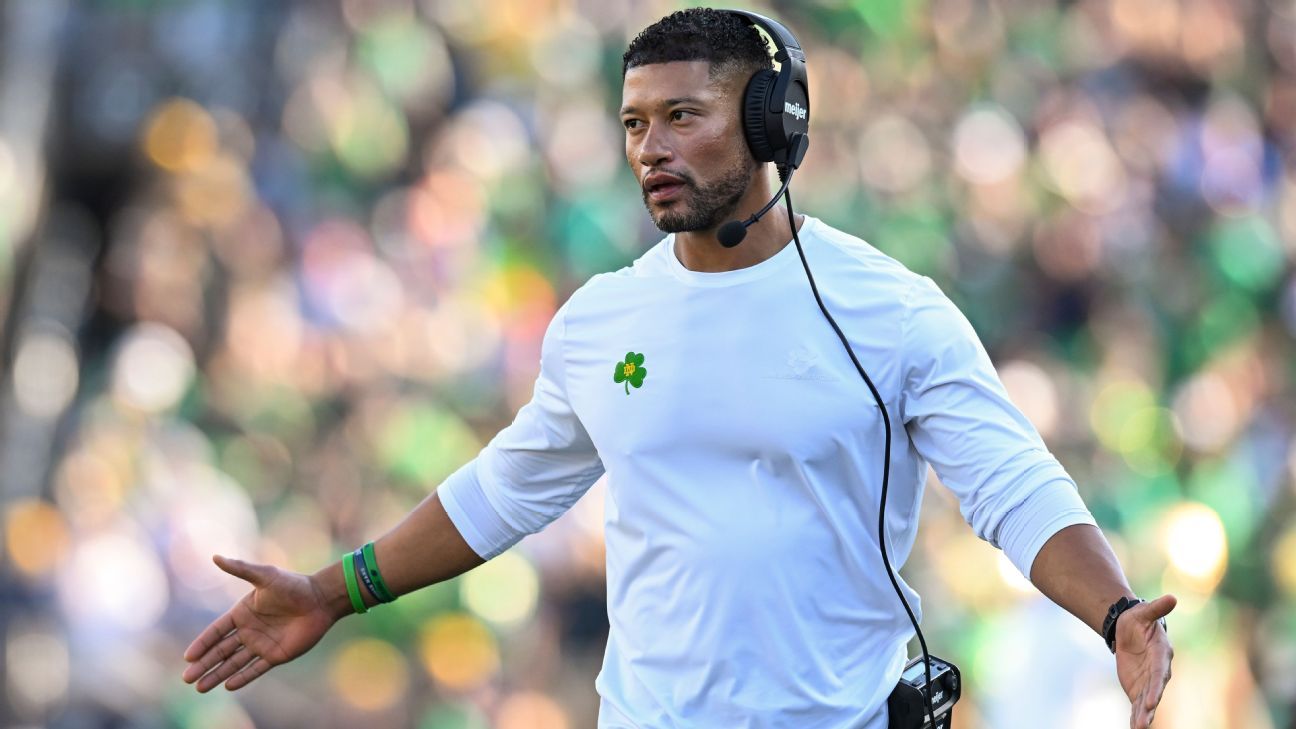
"We don't talk nearly enough about luck in sports. It's only reasonable to want to believe the best team always wins, that the outcome of a game is the reward for a better process, that, in the end, we all get what we deserve. But then you watch 10 minutes of Florida State football and it's impossible to deny that there are football gods at work and they can be awfully vengeful."
"We can look back at Miami's game against SMU on Nov. 1 -- a game that, with 2 minutes to go the Canes had a 90% chance of winning, according to ESPN's metrics -- and consider it a bad loss, then a week later, see Oregon -- with less than a 40% chance of beating Iowa with 2 minutes remaining -- pull off a comeback and have it constitute a critical point on the Ducks' résumé."
Luck and randomness can decisively shape college football games and season perceptions. A single plays or moments, such as a botched extra point, can alter playoff positioning. High-probability leads have collapsed (Miami vs. SMU), while long-shot comebacks have become resume-defining (Oregon vs. Iowa). Teams sometimes dominate statistical categories yet still lose, and other teams win despite poor defensive yardage. One-game samples create substantial debate about what should matter. The selection committee attempts to counterbalance randomness with a repeatable, rational evaluation process designed to filter noise and identify true quality, though assigning exact weight to luck remains difficult.
Read at ESPN.com
Unable to calculate read time
Collection
[
|
...
]